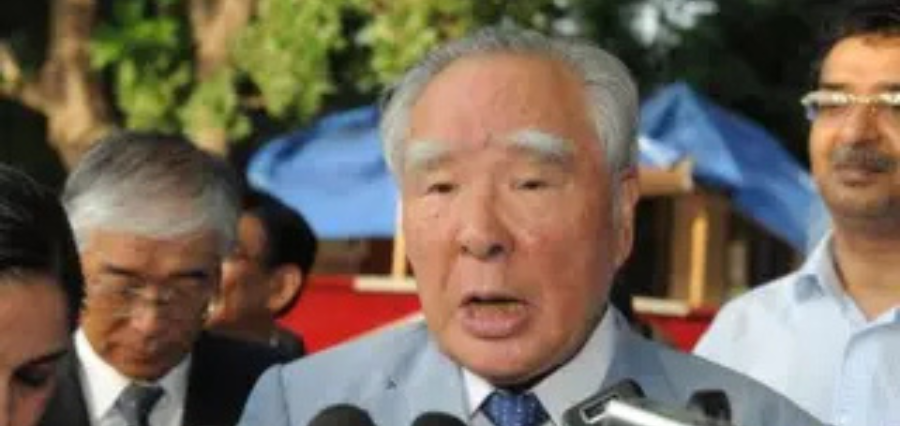Prime Highlights:
- Japzn’s practice of adopting adult men—most often sons-in-law—assists family firms to endure without male successors.
- This tradition dating back centuries persists today at large corporations such as Suzuki and small family firms.
Key Facts:
- More than 80,000 adoptions occur annually in Japan, primarily of adult males.
- Most adoptees marry into the family and adopt its surname to inherit firms.
- The practice assists succession and stability in firms without male heirs.
Key Background :
Japan’s cultural solution to family business continuity has its roots in a unique tradition called mukoyōshi, or adult male adoption—usually of a daughter’s husband. It guarantees the continuity of family businesses even in the absence of any biological son. It’s a practical solution that has been around for more than a thousand years and still influences the Japanese corporate culture today.
Perhaps the most famous example is the Hoshi Ryokan, reputed to be the world’s oldest family business, which has been in operation since 717 AD. Its leadership has changed hands 46 times, occasionally by adopted sons-in-law when no male heirs were available. The tradition guarantees that both the family name and business legacy continue.
Mukoyōshi isn’t exclusive to small businesses. Even giant corporate firms like Suzuki have depended on it; current chairman Osamu Suzuki is the fourth adopted son to lead the company. Under this system, companies can appoint successors based on merit and not just blood relationship, which can lead to good governance and better performance.
Traditionally, name changes were accepted and not considered shameful, particularly as family names were reserved for the upper classes. Being adopted into a business family tended to mean acquiring social status and the role of a leader. Currently, the custom is even supporting new matchmaking mechanisms—women find future husbands through websites who will agree to be adopted and keep the family business going.
For others, such as entrepreneur Tsunemaru Tanaka, adoption is a second opportunity to restart their careers and lives. After a failed business enterprise, he now aims to enter and head another family’s business through mukoyōshi, demonstrating how tradition converges with contemporary economic ambitions.
Sociologists propose that this tradition sets definite expectations for adopted sons-in-law: being responsible family members and competent business leaders. Such definiteness can render such marriages more stable and effective than romantic marriages alone.
With Japan’s declining birth rates and aging population rapidly on the rise, adult adoption is an important, culturally rooted method to maintain family lines and economic stability.
Read More: Apple Warns Users to Delete Chrome for Better Privacy Protection

